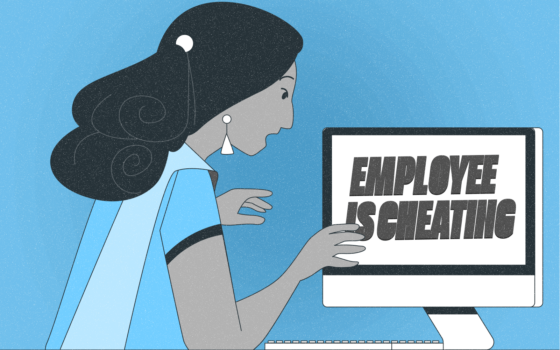Top 10 Reasons Gen Z Prefers to Work Remotely
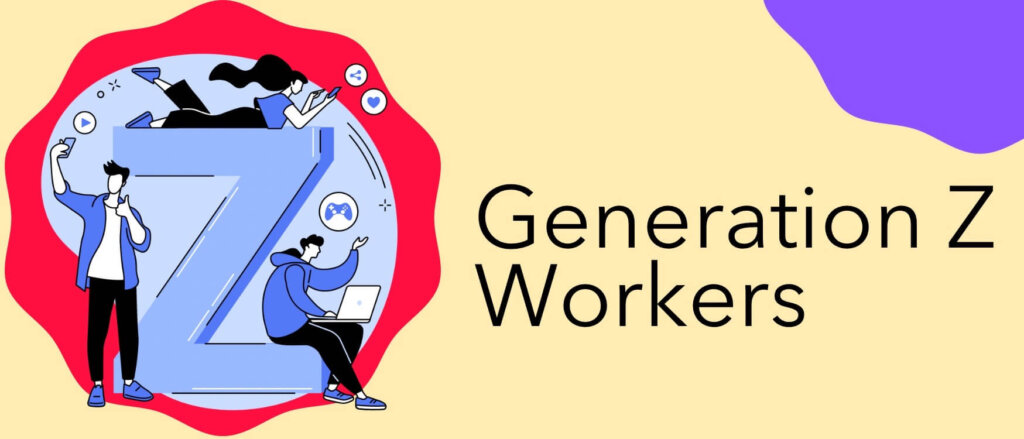
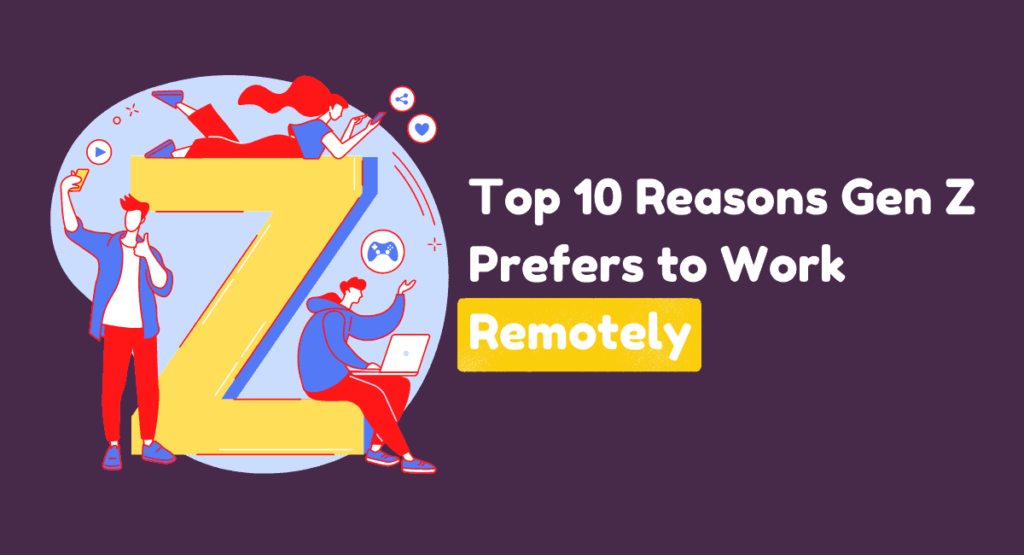
As Gen Z makes up an increasingly more significant percentage of the workforce, it’s no surprise that companies are adapting to their desire for more flexible work arrangements.
Generation Z has grown up in a time when technology allows them to be productive from anywhere, and they desire jobs that provide the same freedom.
In this blog post, we’ll look at the top 10 reasons why Gen Z prefers to work remotely.
Who is the Gen Z?
Generation Z is the demographic generation following the millennials. They are typically born from the mid-1990s to 2010. Their age range is 12-30s.
Gen Z are digital natives who have never known a world without the internet. They are also a more ethnically diverse generation than older generations, with nearly half belonging to a minority racial or ethnic group.
Generation Z is also the most educated generation, with nearly one-third of Gen Zers having completed some college or higher degree. And most of them know about the internet and social media.
Top 10 Reasons Gen Z Prefers to Work Remotely

Millennials and Gen Zers are the two largest generations in the workforce, and their collective hunger for flexibility continues to grow.
It’s no surprise that businesses have responded to their desire for remote employment and other more flexible work arrangements.
In fact, according to a report from global management consulting firm Bain & Company, 65 percent of Gen Z workers are in their first office job. And 69 percent of millennial workers say they want to work from home or another location one or more days per week.
However, Gen Zers are even more adamant about working remotely than millennials, with 84 percent saying they prefer to do so at least once a week versus just 60 percent of millennials who feel similarly.
Additionally, a recent study by Deloitte found that Gen Zers were three times more likely to leave their jobs if they couldn’t telework at least one day per week compared to older generations.
#1 Remote Work Culture
Generation Z grew up in an era populated by the internet and cellphones, and social media and instant messaging are staples of their communication.
Given this, it seems natural that they would prefer working remotely at home instead of trekking to an office. For Generation Z, remote work is also a way to stay connected with family and friends.
As digital natives, Gen Zers bring a natural curiosity about technology to work. This curiosity is coupled with an urge to constantly learn and improve. And these traits are often realized through remote work, with Gen Zers using technology to solve problems and learn from one another on platforms like Slack and Zoom.
#2 Gen Z is more mobile than any other generation
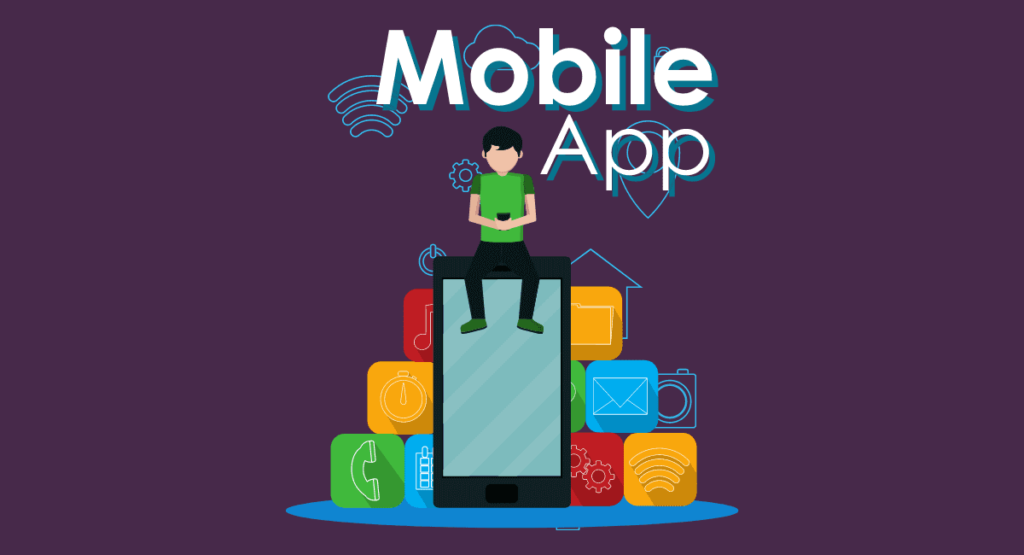
“67% of Gen Zers prefer applications that feel like positive environments.” YouGovAmerica.
With Generation Z being more mobile than any other generation, it’s not surprising that they want to work remotely.
Generation Z was born into a more mobile culture. They’ve grown up with the internet and have never known a world without constant connectivity. And as digital natives, Gen Zers are social, collaborative, and always online.
They’ve been raised in a culture of constant connection, and they expect to be able to connect with colleagues and managers whenever and wherever they are. Given that remote work is the most flexible way to do just that, it makes sense that Gen Z would be drawn to this option.
#3 Flexibility and remote work go hand in hand for Gen Z
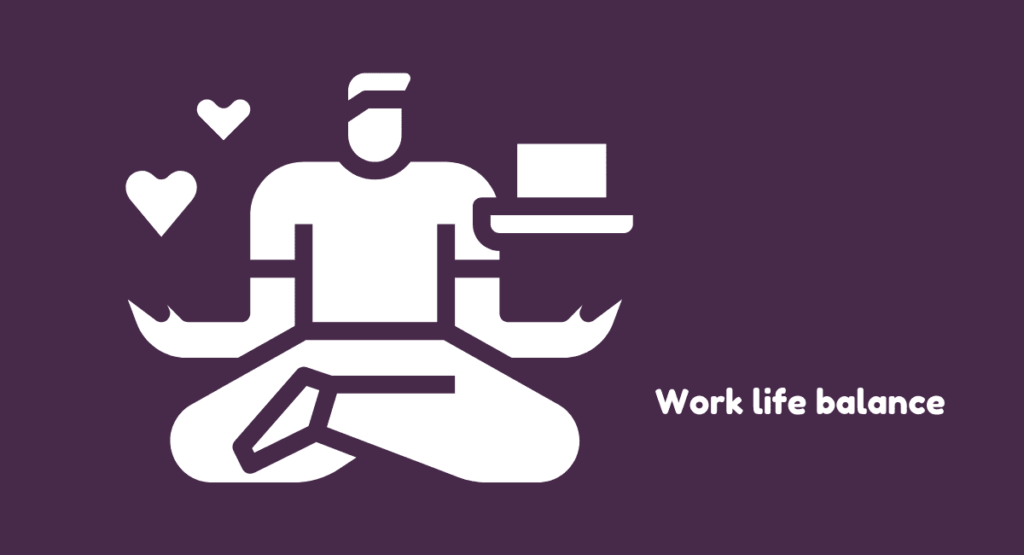
Gen Z is certainly more independent than its predecessors. They’re not quite as dramatic as the media makes them out to be.
Gen Z cares about work-life balance more than any other generation. And that’s because they understand that work-life balance goes both ways. For Gen Z, flexibility goes beyond the hours spent at work.
It includes the ability to work remotely, to be able to take time off when needed, move up the career ladder at a reasonable pace, and avoid the trap of working long hours.
#4 Gen Z is already the most remote generation

Millennials are already the most remote generation, with 60 percent of employees working remotely at least 50 percent of the time. And given that remote work is likely to become more popular in the workforce, Gen Zers will likely surpass millennials in remote working very soon.
With more than half of Gen Zers preferring to work remotely, it seems as though the younger generation will have a significant impact on the nature of work in the years to come. Remote work is attractive to more than just Gen Z—it’s attractive to most of today’s workers.
#5 Gen Zers have different priorities than millennials in the office

When it comes to the office, millennials often prioritize salary and benefits over their work culture. This means they’re more likely to pick a job based on the salary and benefits package rather than the work culture or mission.
An article in Harvard Business Review titled “Millennials Will Make or Break Your Company” places the blame for this on companies that have been “too generous with benefits and too stingy with wages.”
Millennials have also been accused of being picky and choosy when finding the right job.
However, Gen Zers look at the office differently—they’re drawn to workplaces with strong cultures. Gen Z cares about the work culture and the mission, and they want to be part of an inclusive environment that welcomes everyone.
#6 Gen Zers want to be part of a diverse workforce and inclusive culture

According to Deloitte’s 2019 Global HR Transformation Survey, Gen Zers are more interested in diversity than previous generations. This is likely because diversity is now more visible and discussed in the media.
Gen Zers want to work in a culture that embraces people of all backgrounds and identities. Gen Zers want to work in a place where they feel comfortable and safe and know that they are valued. They want to feel like they contribute more than just their skills and experience.
Gen Zers are also more open-minded and willing to listen to ideas and different viewpoints than their predecessors. This is due to the rise of social media and the increased number of conversations happening online, including conversations about politics and social justice.
#7 Gen Z cares about earning a living wage, benefits, and perks when looking for a job

When it comes to benefits that are important to Gen Z, it’s not all about the culture of the workplace. Gen Z is interested in what the company offers in terms of benefits and earnings when considering a job offer.
According to research, Gen Z is more focused on financial security and benefits that will help them finance their own lifestyles and support their families.
Gen Zers care about 401(k) plans and health insurance benefits. When it comes to salary, Gen Z has a strong interest in earning a living wage. This reflects the economic conditions in which Gen Z entered the labor force.
They’ve witnessed rising student loan debt and increase in the cost of living, and a decrease in real wages. This has likely made them more aware of securing a livable wage.
#8 Gen Z expects constant learning and skill development at work

Millennials tend to be more interested in finding an employer that offers personal growth and development opportunities than Gen Xers or the baby boomer generation.
And it makes sense that millennials would be interested in this. They came of age during the technology boom when the internet was in its infancy.
This made it easier for technology to be integrated into everyday life, including the workplace. Thanks to technology, millennials have been able to work remotely, access online education platforms, and participate in online discussions.
This has made it easier for millennials to be interested in and focused on constant learning and skill development. And it’s the same for Gen Z.
#9 Virtual Collaboration is more accessible than before

Generation Z has grown up with technology and is very comfortable working remotely. With so many collaboration tools available, it’s easier than ever for them to communicate with team members and collaborate on projects.
Some virtual collaboration tools like:
- Microsoft Teams
- Slack
- Skype
- Google Meet
- Zoom
- Etc
Additionally, they are comfortable working on their own, so having the option to work from home or another remote location is a perfect fit for them. And with the added flexibility of being able to work from anywhere and at any time, Gen Zers can maximize their productivity.
Working remotely is a great way to attract and keep top Gen Z talent. You might find that your whole team is more productive and happier when they’re not tied to a desk all day.
#10 Gen Zers want to travel and see the world

Generation Z is the first generation to grow up in a world where technology has always been a part of their lives. They expect to have access to information right away and are always connected to their friends and family.
This has led to Gen Z being very independent and self-sufficient. Gen Zers want to travel and see the world for themselves instead of staying in one place.
Gen Zers are also very entrepreneurial. They love to do innovative and novel ways to get things done. This includes their careers. They want to be their own boss and set their own hours.
All of these factors have led to Gen Z preferring to work remotely. They want to be able to travel and work on their own schedule. Technology has advanced a lot in recent years, and as a result, it is now possible for Gen Zers to work remotely.
Employer preparation when accepting Gen Z as their team
When employers accept Gen Z as their team, they should keep a few things in mind.
- Because Generation Z is the most varied generation yet, it’s critical to ensure that your workplace is accessible and open to all.
- Generation Z is accustomed to a more digital way of working, so employers should ensure that their workplace is equipped with the latest technology.
- Gen Z values work-life balance, so employers should offer flexible work arrangements that allow for a healthy balance between work and personal life.
Employers can set themselves up for success when working with Gen Z by keeping these things in mind.
As employers, some points that should be prepared for the Gen Z are:
Equip Gen Z with the necessary tools and training

Generation Z is quickly becoming the majority in the workforce, and with that comes a need for companies to adapt their policies to better accommodate them.
Gen Z is looking for jobs which offer work from anywhere and have flexible time, so companies must equip them with the necessary tools and training to succeed in a remote working environment.
Providing generation Z with the necessary tools and training to work remotely, such as:
- Collaboration software
- Mobile internet services
- A laptop with a good camera for online meetings
- Cloud storage
- Internal software that can be accessed remotely and securely.
By accommodating the needs of Gen Z workers, companies will be able to attract and retain the best talent.
Find the work schedule Gen Z would like
Generation Z workers are used to having a lot of flexibility in their lives, and they want the same when it comes to their work. Many individuals desire to be able to work from any place and have a flexible schedule so that their job does not clash with their personal lives.
One of the main reasons Gen Z prefers to work remotely is because they want to have greater control over their time. They don’t want to work from 9 am to 5 pm every day. They want more time for other things. They want to work when they are most productive and have the flexibility to take time off when they need it.
Another reason Gen Z prefers to work remotely is that they value collaboration and connection. They want to be able to work with people from all over the world and build relationships with their teammates. Working remotely allows them to do this.
Gen Z also prefers to work remotely because they want to avoid a long commute. They would rather use that time to focus on their work or pursue other interests outside of work.
Understand the type of communication style do that Generation Z prefer

Generation Z grew up in a world where technology was always a part of their lives. They communicate through texting, social media, and other online platforms.
This type of communication style is referred to as asynchronous communication. Asynchronous communication allows people to communicate in their own time, perfect for Gen Z, who are always on the go.
So, when communicating with Gen Z, don’t be surprised if they prefer to do it through email, chat, or even video conferencing.
Gen Z is used to getting information quickly. They’ve spent their entire lives in a society where they may learn anything they want with a touch of the screen.
So, when you’re communicating with Gen Z, make sure to get to the point quickly. Otherwise, you may lose their attention.
Lastly, Gen Z is used to multitasking. They have learned how to focus on what is important despite the distractions around them.
This means that Gen Z is used to doing more than one thing at a time. So, when you’re communicating with them, don’t be surprised if they are also doing other things simultaneously.
Conclusion
The article discusses the reasons why Gen Z prefers to work remotely. Gen Z workers want the freedom to work from anywhere, have a flexible schedule, and collaborate with people worldwide.
They also prefer to avoid a long commute and focus on their work. To accommodate Gen Z workers, companies should provide them with the necessary tools to work remotely, such as a laptop with a good camera and cloud storage.
They should also understand the type of communication style Gen Z prefers, asynchronous communication. Lastly, Gen Z workers are used to multitasking, so companies should not be surprised if they do other things while communicating.
In conclusion, by accommodating the needs of Gen Z workers, companies can create a work environment in which Gen Z workers will thrive.
